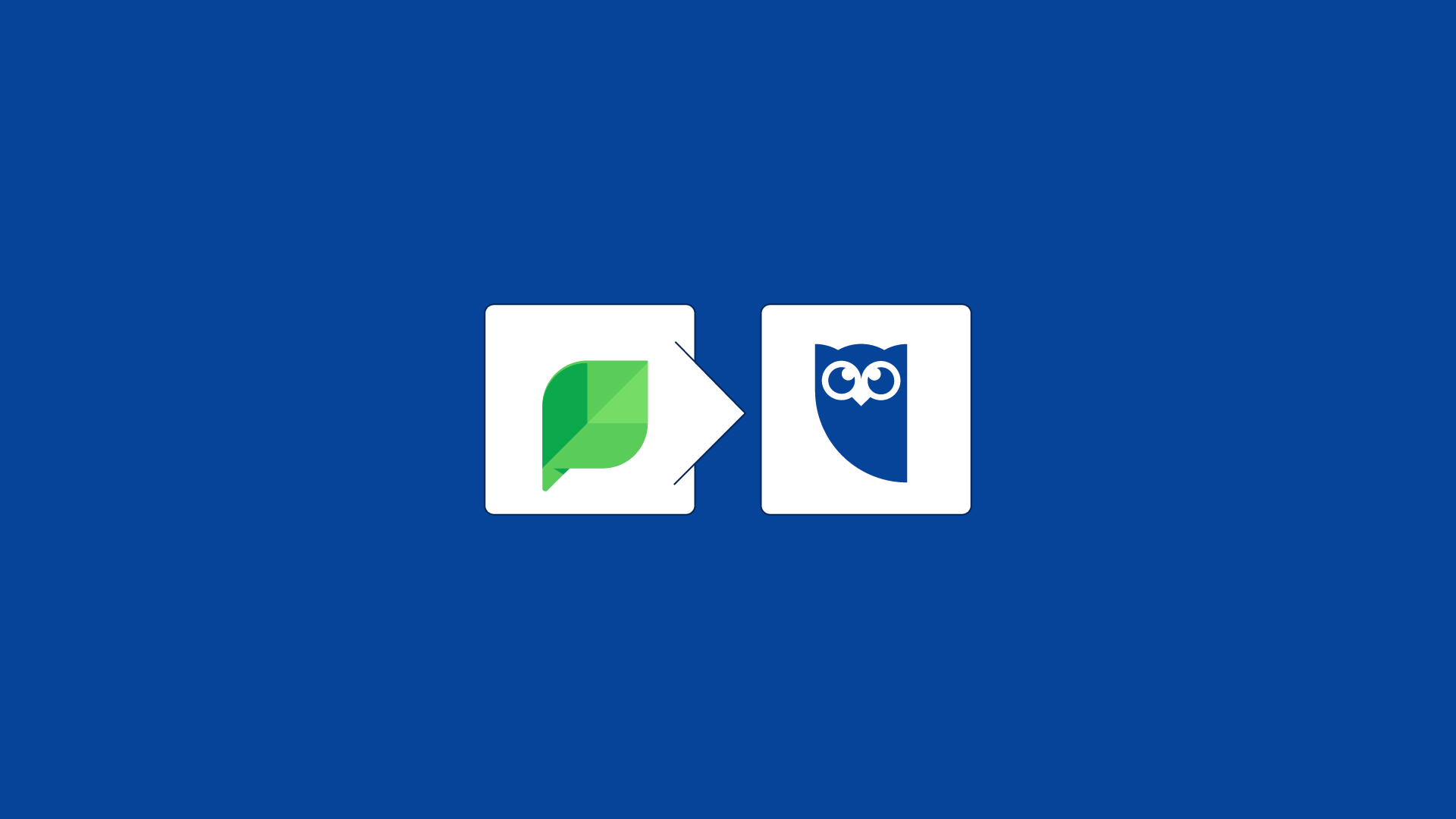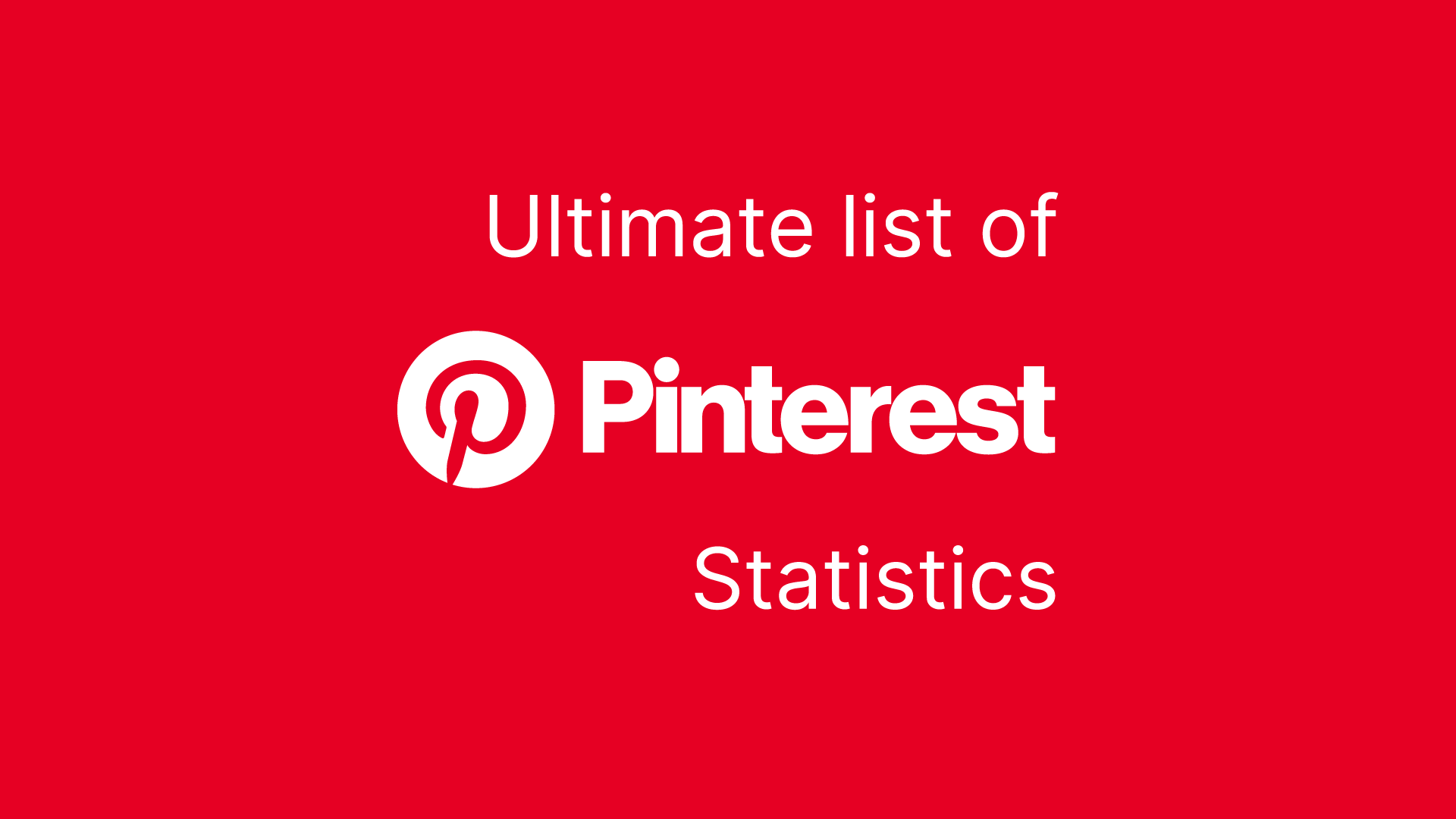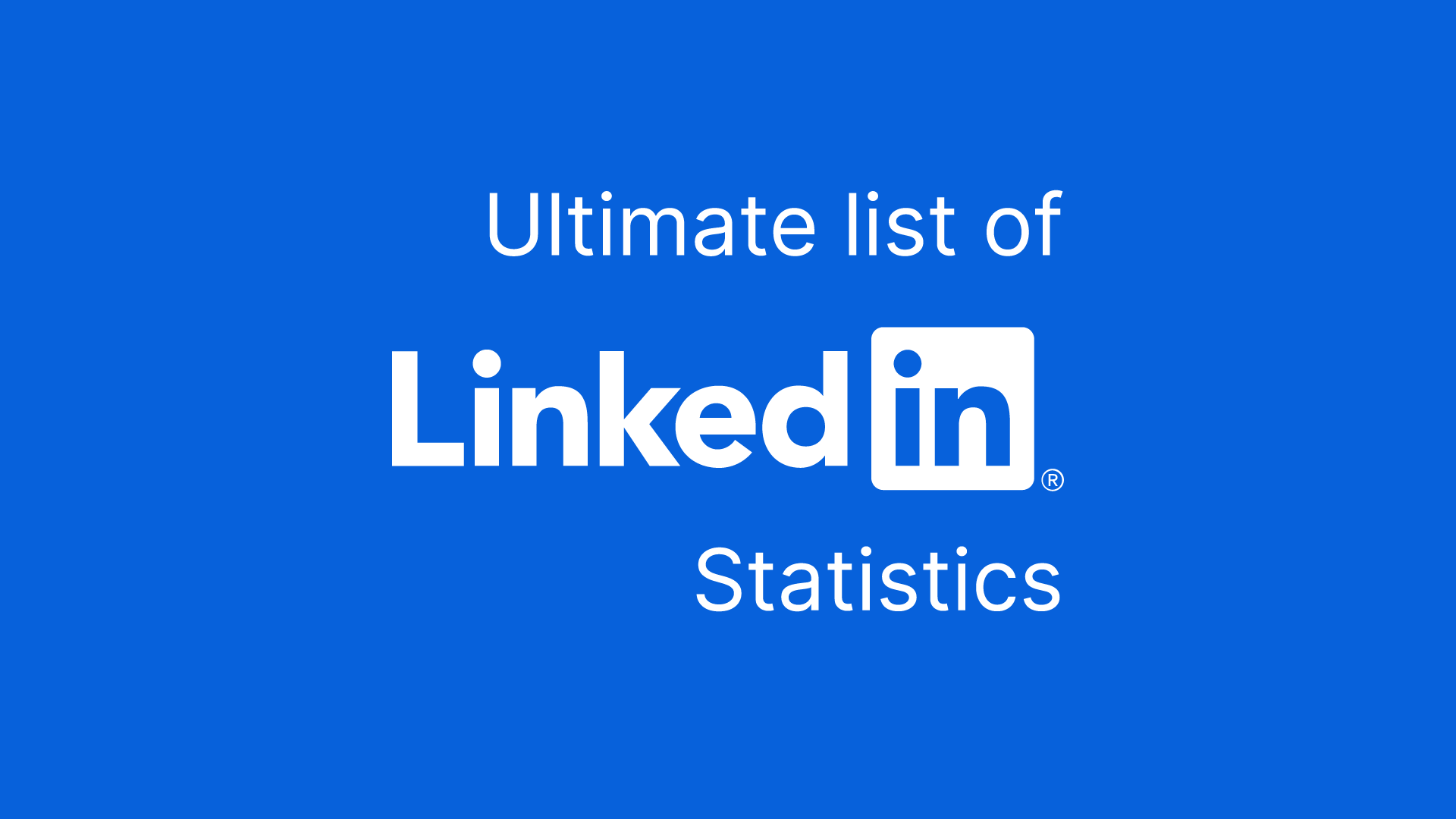Want to know how to market yourself professionally on social media? This guide will show you how to optimize your profiles, define your personal brand, and engage effectively with your audience. Get ready to boost your online presence with practical, actionable tips.
Key Takeaways
Conduct a social media audit to focus your efforts on the most impactful platforms and ensure your profiles are up-to-date.
Define your personal brand by identifying core values and crafting an authentic message that resonates with your audience.
Engage actively with your audience through quality content and meaningful interactions to build trust and community.
Audit and Optimize Your Social Media Accounts
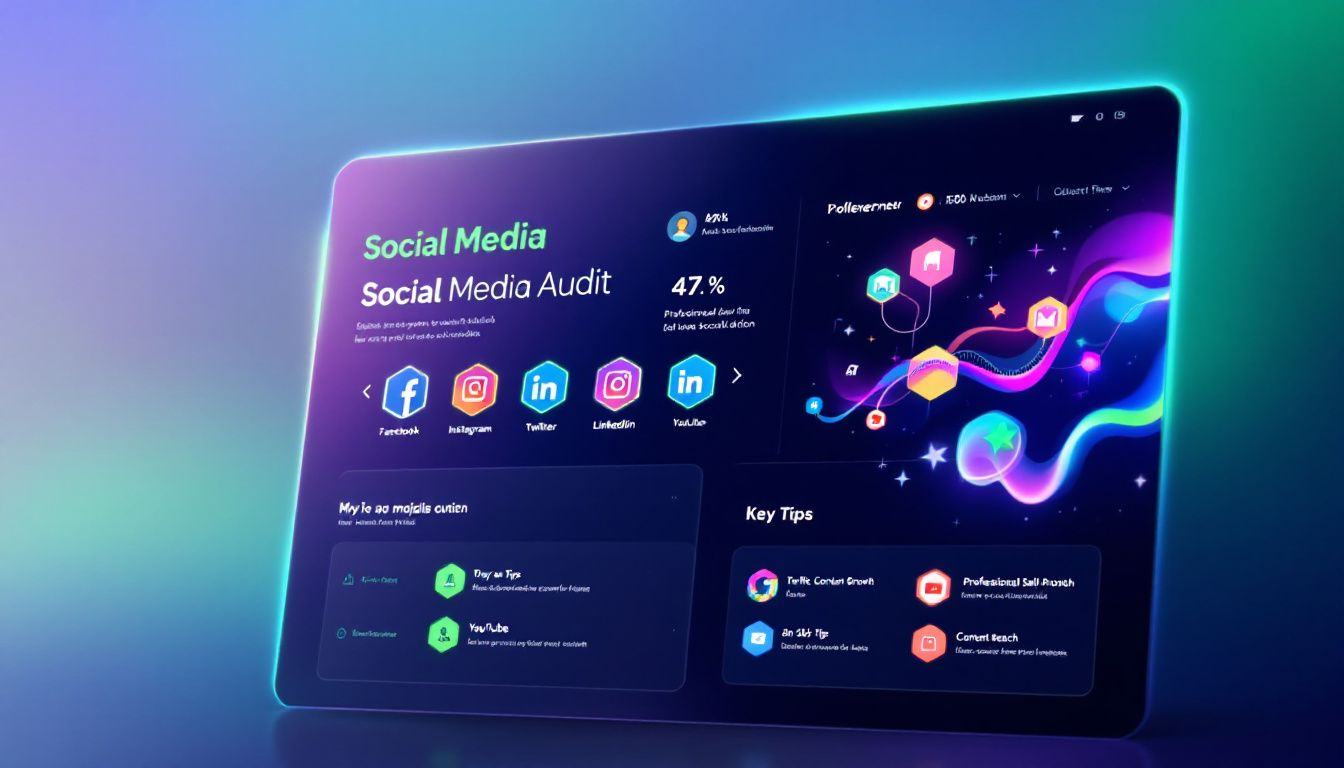
Before enhancing your social media presence, understanding your current standing is essential. Start with a social media audit. This involves evaluating which social media accounts are worth maintaining and which are not. An audit helps you identify which profiles align with your marketing strategy and which should be removed. This focuses your efforts and resources on the most impactful social media platforms.
During the audit, review all bio information, links, and introductory phrases to ensure they are up-to-date. Complete profile information maximizes the potential of each social media account. Outdated or incomplete profiles can mislead your audience and dilute your brand message.
After auditing your accounts, decide which profiles to deactivate. Prioritize promising platforms and deactivate underperforming profiles. This will help you allocate your resources more effectively and maintain a strong social media presence on the platforms that matter most.
Define Your Personal Brand
Personal branding is the foundation of your social media strategy. It involves defining who you are, what you stand for, and how you want to be perceived. Identify your core values since these principles will drive your decisions and actions. Reflect these values consistently in your brand voice across all social media channels.
Develop your Unique Selling Proposition (USP), which sets you apart and clarifies the benefits you offer to your audience. Understanding your audience is crucial in this process. Understanding who they are and what they care about enables you to create resonant content, enhancing engagement and loyalty.
Your personal message should be authentic and reflective of your professional story and values. Personal stories and experiences make your content more engaging and relatable. Remember, personal branding is not just about self-promotion; it’s about building a genuine connection with your audience.
Identify Your Expertise and Niche
Identify your expertise and niche to market yourself effectively. What valuable information can you provide that others might not? Having a clear area of expertise allows you to share valuable content and position yourself effectively in your industry. A well-defined niche helps you stand out and connect with a dedicated audience.
Researching industry-related keywords regularly can enhance your relevance and engagement. Sharing content that demonstrates your expertise will further establish you as a thought leader in your field.
Consider what type of content resonates most with your followers when identifying your niche. Educational posts that provide tips and insights can help establish your authority. Unique posts about your expertise will enhance your perception as a credible source. Use critical thinking, debating, or presenting your point of view to share your knowledge effectively.
Choose the Right Social Media Platforms
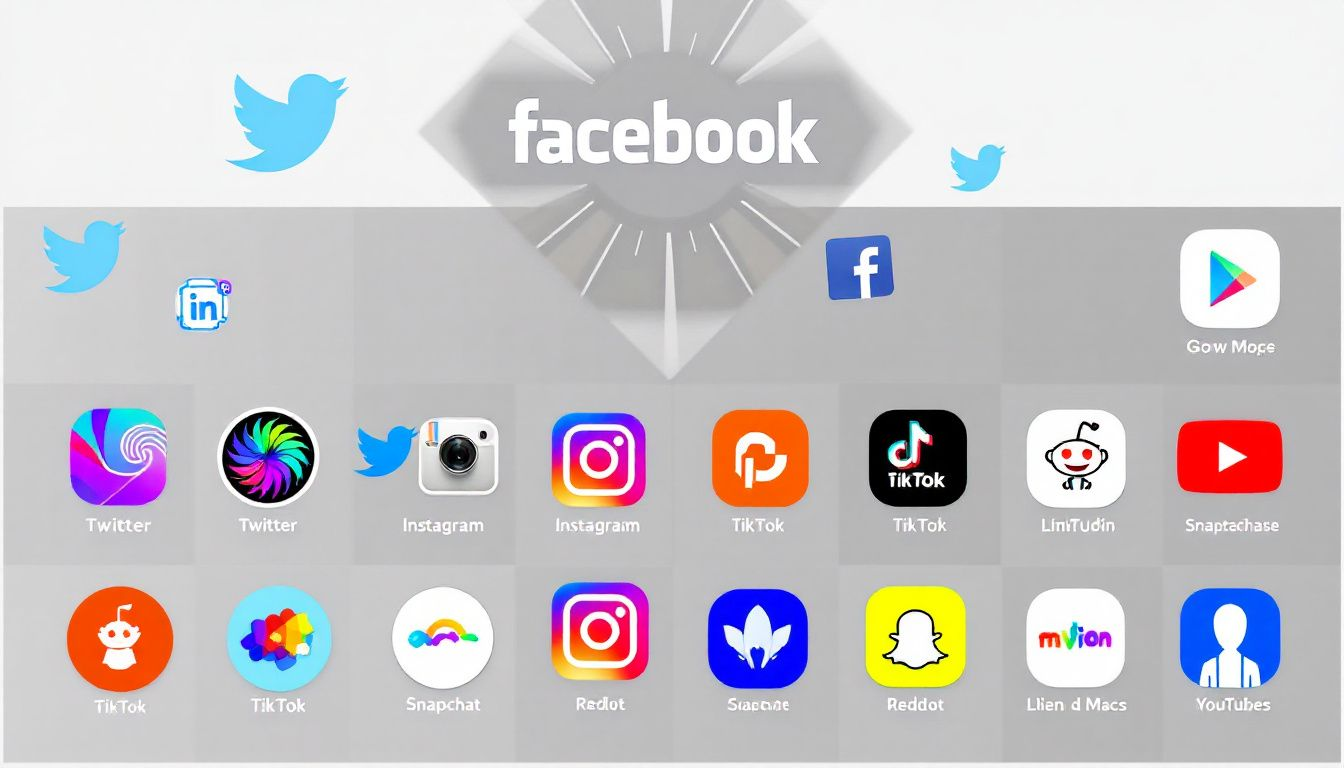
With so many social media channel available, choosing the right social media platforms for your personal brand can be overwhelming. Begin by determining the platforms where your target audience engages the most. This will help you focus your efforts effectively. Platforms like LinkedIn, Instagram, Twitter, and Facebook are often prioritized for professional marketing.
Understanding the unique features and audience of each social media platform is essential for effective personal branding. For instance, LinkedIn is great for professional networking, while Instagram and Twitter are more suited for engaging content and real-time interaction.
Active engagement on these social platforms is crucial. Twitter, for example, requires regular interaction to increase follower engagement and visibility. Selecting the right platforms and understanding their dynamics allows you to craft a more effective social media strategy tailored to your audience.
Develop a Content Strategy
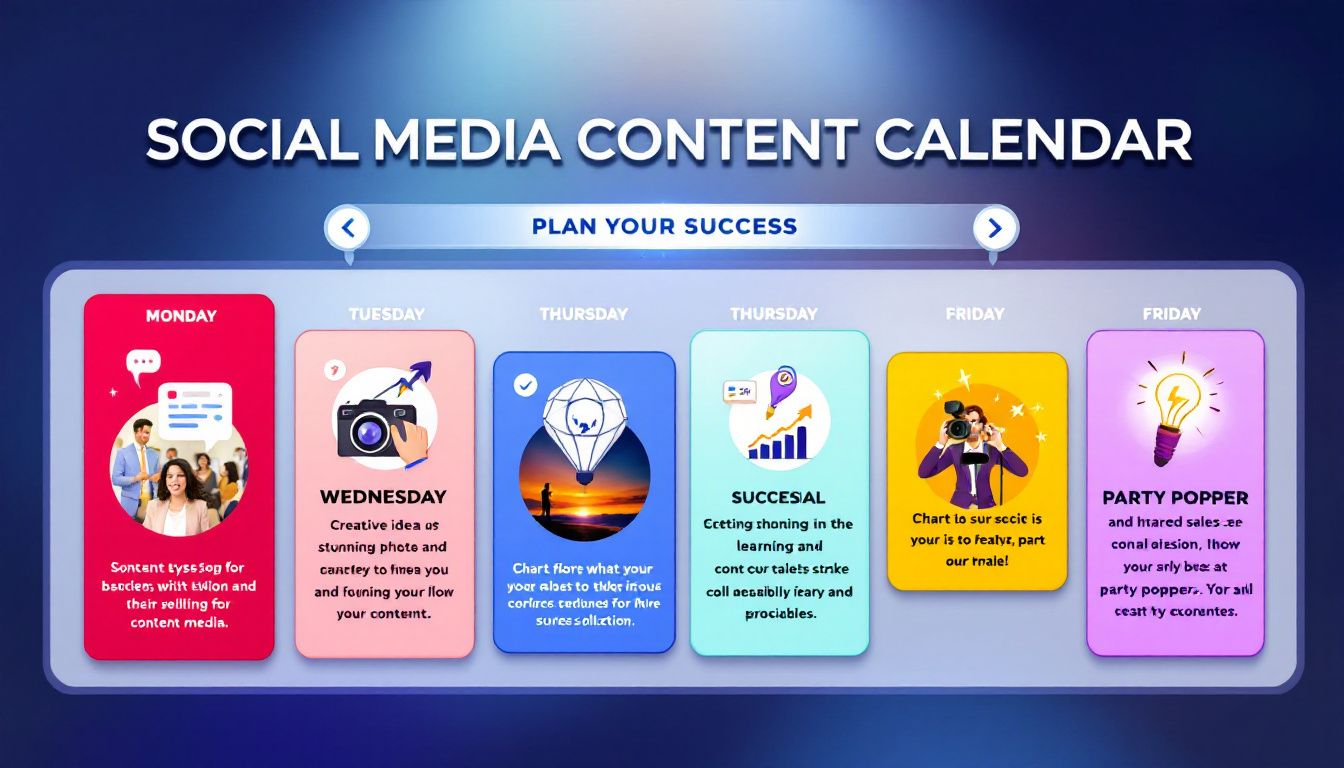
A well-thought-out content strategy is the backbone of your social media presence. Begin by understanding your ideal audience and setting specific content objectives. Detailed buyer personas can significantly enhance the effectiveness of your social media content.
Creating a content calendar is essential for organizing and visualizing your posting schedule to ensure consistency. A content audit helps assess past performance and identify which types of posts resonate best with your audience. Mixing different content formats, such as videos and polls, keeps your social media presence engaging and fresh.
Video content, especially short form video content, is increasingly dominating social media platforms. Incorporating diverse content types and regularly sharing high-quality social media posts will help maintain a strong and engaging social media presence.
Maintain Consistency in Voice and Tone
Consistency in voice and tone is crucial for building trust and credibility in your industry. A consistent brand image requires maintaining uniformity in voice, visual elements, and tone across all platforms. This allows your audience to recognize your brand voice, similar to recognizing a friend’s voice.
Knowing your audience is key to maintaining your brand tone and making necessary adjustments. The tone should adapt depending on the audience and platform. By remaining consistent, you can enhance audience engagement and reach.
Create High-Quality and Engaging Content

Creating high-quality and engaging content is vital for building a relationship with your audience. Focus on providing valuable content that resonates with your audience’s interests rather than simply self-promotion. Regularly posting quality content helps maintain a consistent presence and fosters audience engagement.
Interactive elements like polls, Q&A sessions, and live streams can significantly boost audience participation. Visual platforms like Instagram and TikTok are effective for showcasing products creatively and enhancing emotional connections. Well-designed graphics or captivating videos can greatly enhance your marketing efforts.
While regular content sharing is crucial, over-sharing can lead to audience fatigue. Maintaining a balanced posting frequency is key, as the effectiveness of social media posts depends on prioritizing high-quality and engaging content, allowing you to build a loyal following on social media.
Engage Actively with Your Audience
Engaging actively with your audience is essential for building a loyal following on social media. User engagement includes actions like likes, comments, shares, and deeper interactions like discussions and user-generated content. Authentic engagement fosters community and builds trust between you and your audience.
Consistent interaction with your audience is crucial rather than passively waiting for responses. Inspiring others to comment on your brand is an indicator of success in self-marketing efforts. Joining groups focused on specific industries or topics can provide opportunities for industry-specific engagement.
Utilizing live sessions and discussions can significantly enhance your brand’s visibility. Understanding the preferences of your audience is key to effective engagement. By actively engaging with your audience, you can foster a sense of community and loyalty.
Leverage Analytics for Improvement
Data-driven insights are crucial for planning content distribution and increasing brand visibility. Regular performance measurement helps refine your strategy and achieve long-term success. Clear objectives for social media campaigns enable more accurate measurement of success and effectiveness.
Tools like Google Analytics and Hootsuite gather essential insights on social media performance and user behavior. Key performance indicators (KPIs) such as engagement rate and conversion rate are vital for evaluating the success of your social media efforts. Regular performance measurement through detailed reports ensures that your social media campaigns align with set objectives.
Collaborate with Influencers and Industry Experts
Collaborations with influencers can significantly enhance your reach. Working with industry experts also boosts your credibility. Select influencers who align with your brand values and have an engaged following. There are different types of influencers: micro-influencers, macro-influencers, and nano-influencers, each with their own benefits.
Engagement with influencers fosters community and trust through interactive sessions and quality content. Collaborations provide industry insights and help connect with like-minded people and potential clients.
By building relationships with influencers and experts, you can enhance your social media strategy and reach a broader audience.
Stay Updated with Social Media Trends
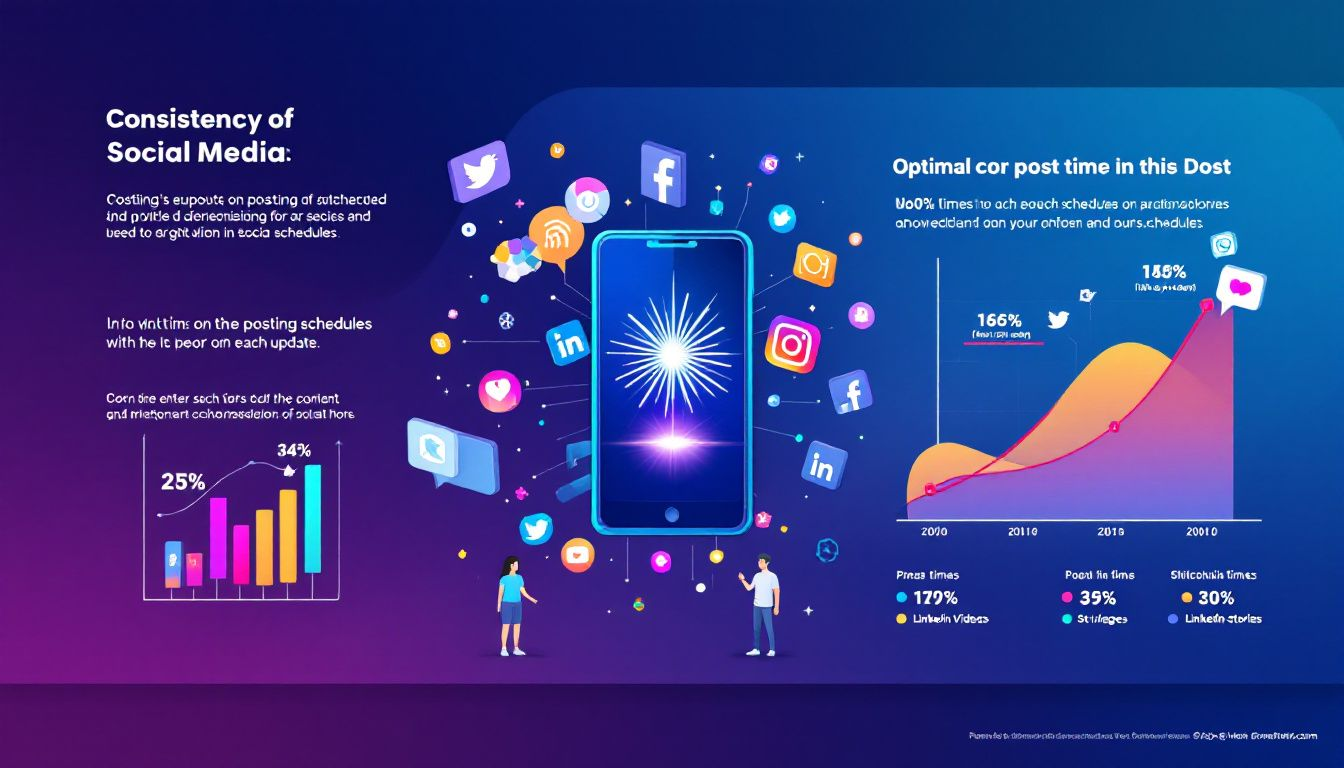
Staying updated with social media trends is crucial for adapting strategies and maintaining relevance in a fast-evolving digital landscape. Monitoring competitors’ strategies reveals opportunities for enhancing your own social media efforts. Join communities and keep an eye on industry insights to stay on top of social media trends.
Industry blogs, relevant groups, and social media management tools help stay informed about new trends in media industries. Continuous improvement based on analytics insights is key for staying competitive in digital marketing. Sharing timely content related to current trends can keep your brand relevant and boost engagement.
Earn Certifications and Continue Learning
Social media certifications enhance professional credibility in the digital marketing sector. Certifications benefit both newcomers and experienced professionals. The credibility of the certification provider is essential when selecting a social media certification course.
Several organizations, like the Global Communication Certification Council, offer certifications that focus on professional communication skills. Certifications often require ongoing education or renewal to maintain professional standards. Continuous learning and earning certifications keep you ahead in career development.
Utilize Automation Tools
Scheduling content in advance saves time and ensures a consistent social media presence. Marketing automation tools enhance the efficiency of social media campaigns. Tools like Sendible, Buffer, and Hootsuite offer various features for scheduling and managing content across different platforms.
Vista Social and Typefully specialize in managing content for specific social networks, facilitating post scheduling and analytics. Social Champ provides AI-powered scheduling, cross-platform management, and detailed analytics. Utilizing automation tools streamlines your social media strategy, allowing focus on creating engaging content.
Summary
In summary, marketing yourself professionally on social media involves several strategic steps. From auditing and optimizing your social media accounts to defining your personal brand and engaging actively with your audience, each step is crucial for building a compelling personal brand. Regularly leveraging analytics and staying updated with social media trends will ensure your strategy remains effective and relevant.
Remember, the key to success on social media is consistency, authenticity, and continuous learning. By following these tips, you can transform your social media presence into a powerful tool for professional growth, opening new opportunities and building meaningful connections.
Frequently Asked Questions
Why is conducting a social media audit important?
Conducting a social media audit is essential for pinpointing which profiles effectively support your marketing strategy and which might be holding you back. By streamlining your efforts to focus on the most impactful platforms, you set yourself up for greater success!
How do I define my personal brand?
To define your personal brand, focus on your core values and Unique Selling Proposition (USP), making sure your message is authentic and true to your professional journey. Embrace this process to create a brand that resonates with you and your audience!
What are the benefits of collaborating with influencers?
Collaborating with influencers significantly boosts your brand’s reach and credibility. Their engaged audience and trust create a powerful community that enhances your impact and visibility.
How can I stay updated with social media trends?
To stay updated with social media trends, actively monitor your competitors, participate in industry communities, and leverage blogs and management tools. Embrace analytics to continually refine your strategy, and you’ll stay ahead of the game!
What tools can assist with social media automation?
To boost your social media efficiency, try using tools like Sendible, Buffer, Hootsuite, Vista Social, and Social Champ for content scheduling and performance analysis. Embrace these tools to streamline your strategy and maximize engagement!





